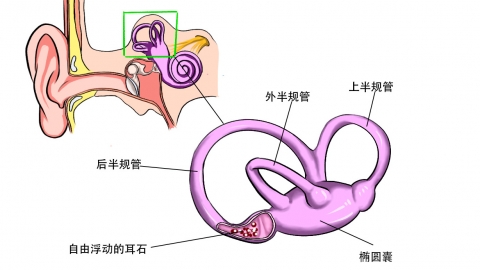Can posterior ampullary nerve sectioning completely cure positional paroxysmal vertigo?
Generally, posterior ampullary nerve section can treat positional paroxysmal vertigo to some extent, but may not completely cure it, and the specific effectiveness varies among individuals. Detailed analysis is as follows:

Posterior ampullary nerve section, also known as singular nerve section, is a surgical procedure that treats positional paroxysmal vertigo by cutting the posterior ampullary nerve, a branch of the inferior vestibular nerve. The goal of this surgery is to eliminate vertigo symptoms caused by abnormal sensitivity of the posterior ampullary nerve. After surgery, patients may experience an adaptation period during which central compensation may gradually alleviate the vertigo symptoms.
However, the surgery cannot completely guarantee a cure for vertigo, as the causes of positional paroxysmal vertigo may be multiple, including ear infections, head injuries, labyrinth disorders, etc. Posterior ampullary nerve section is a delicate procedure that carries certain risks. Due to the complex anatomy and frequent anatomical variations of the posterior ampullary nerve, the surgery may damage surrounding nerves or tissues, leading to hearing impairment or other complications.
Prior to surgery, patients should undergo comprehensive evaluation, including hearing tests and vestibular function assessments, to determine the risks and expected outcomes. After surgery, patients should actively cooperate with their doctors regarding postoperative care and rehabilitation training.






